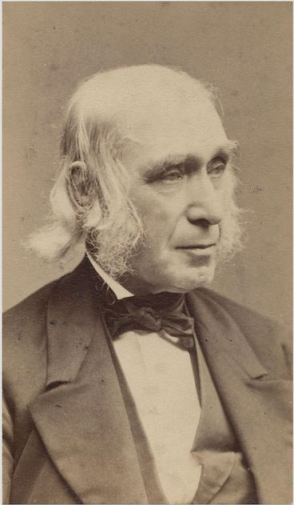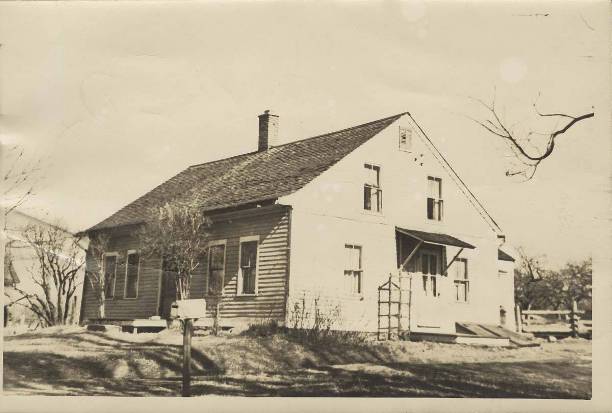Amos Bronson Alcott was an educator and reformer born in Wolcott, Connecticut, on November 29, 1799. A largely self-taught man, Alcott worked as a farmer and peddler before settling into his inspiring vocation as a teacher. Alcott believed in abolishing corporal punishment in schools and worked to cultivate children’s minds, bodies, and spirits in unison, abandoning traditional exercises of rote memorization.

Amos Bronson Alcott – University of Virginia
As a child, Alcott and his family moved into his grandfather’s farmhouse in Wolcott and began tilling the soil. His mother, Anna, was well educated and instilled in Amos a love of reading. He attended local schools, but the family’s financial situation required he spend a great deal of time working on the farm with his father and brothers.
As a young man he attempted to become a clock maker and later traveled around Virginia as a peddler before returning to New England in 1823 to fulfill his desire to teach. He traveled throughout New England, educating students in a number of towns, including Bristol, Southington, and Cheshire. His methods encouraged children to develop their imaginations, and he dedicated time to allowing his students to play and participate in physical activities like gymnastics.
Father to Louisa May Alcott and Member of Transcendentalist Movement
Alcott married Abigail May in Boston in 1830 before moving to Germantown, Pennsylvania, and starting a family. Amos and Abigail had one son (who died shortly after birth) and four daughters. One of these daughters, Louisa May Alcott, arrived on her father’s birthday in 1832 and grew up to be a best-selling author.
Born into dire financial circumstance, Alcott never proved capable of escaping them despite numerous different career ventures and a brief attempt at communal living. In 1859, Alcott’s friends got him a steady job as the superintendant of public schools in Concord, Massachusetts, but it was not until almost 10 years later, when his daughter Louisa May published Little Women, that the family received some financial relief.
In his later years, Amos, a member of growing influence in the transcendentalist movement, published poetry, numerous writings on education, and his famous “Orphic Sayings” for the transcendentalist magazine, the Dial. In 1879, he started the Concord Summer School of Philosophy and Literature for adults. There he continued to indulge his passion for teaching right up until his death in 1888.









